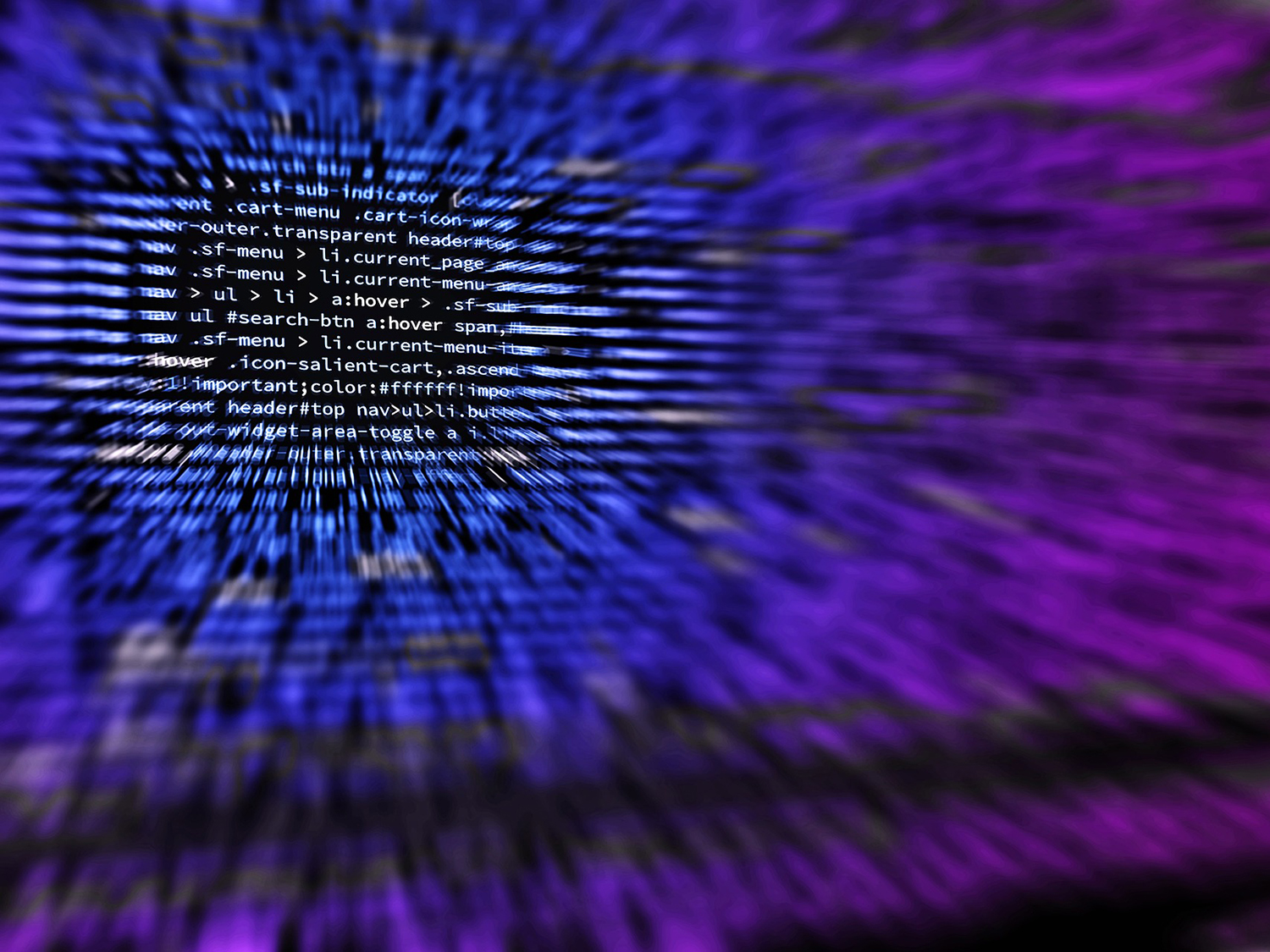Lecture by Benjamin Peters (University of Tulsa) in the Media Environments: Between Capture and Surveillance lecture series.
In 1932 Andrei Kolmogorov, under intense pressure from the KGB for his alleged gay relationships with Pavel Aleksandrov, formalized modern probability theory into an engine of radical contingency, thereby ushering in the current era of probabilistic artificial intelligence marked by “hallucinating” large language models and Bayesian networks. In close reading of the tumultous Soviet history of media and mathematics, this paper offers a contribution to the ongoing theorization of environment media with a few profiles drawn from my current book on the Soviet prehistory of artificial intelligence. In particular, it offers a review of what I am calling “sreda theory,” or a Russian-language media theory of environments. Snatches of the concept of sreda, or the Russian word for “environment,” “Wednesday,” and a near synonym with “medium,” emerges across a tumultuous early twentieth century of Soviet intellectuals.
